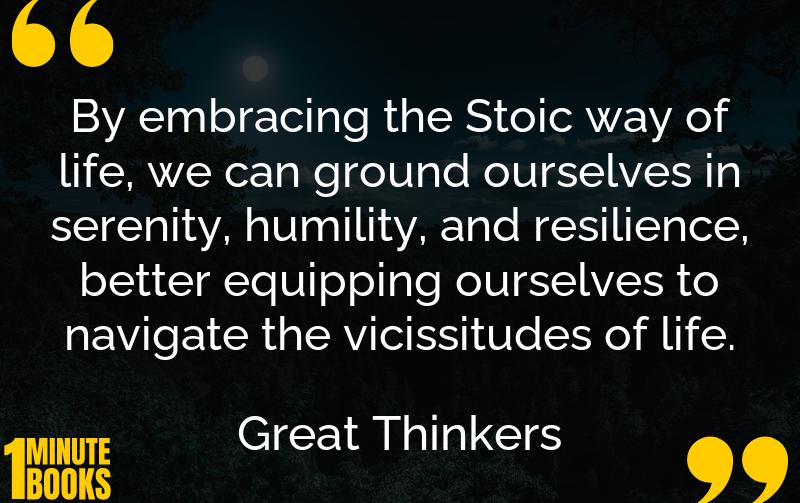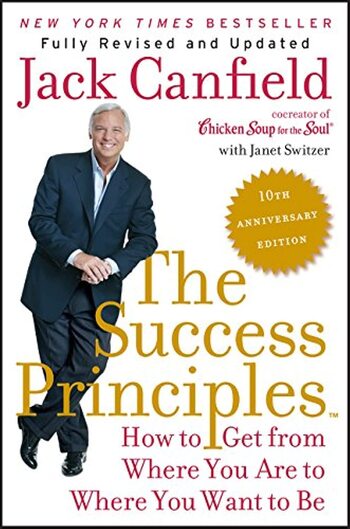
Great Thinkers explores wisdom from historical figures, providing practical tools for life. It covers themes like stoicism, faith vs. reason, job specialization, and simplicity.
Main Lessons
- Stoicism advocates for embracing virtue and relinquishing high hopes and fears to cultivate serenity.
- Embrace fate’s unpredictability to find humility and acceptance.
- Thomas Aquinas bridges faith and reason, valuing diverse knowledge sources.
- Job specialization increases efficiency but disconnects workers from final products.
- Balance capitalism’s wealth with meaningful social programs, as per Smith.
- Lao Tzu’s Taoism suggests surrendering to life’s rhythms for harmony.
- Margaret Mead shows cultural context impacts sexuality, urging open-mindedness.
- Freud’s pleasure principle highlights seeking pleasure while managing desires healthily.
- Childhood development phases affect lifelong personality traits, per Freud.
- Jane Jacobs envisions cities as interconnected ecosystems for thriving communities.
- Dense, vibrant neighborhoods foster human interaction and protection.
- Austen values personal growth in love, highlighting mutual education in relationships.
- Avoid judging based on wealth and appearance; focus on character, as Austen states.
- Traditional societies offer insights into healthier lifestyles and flexible gender norms.








